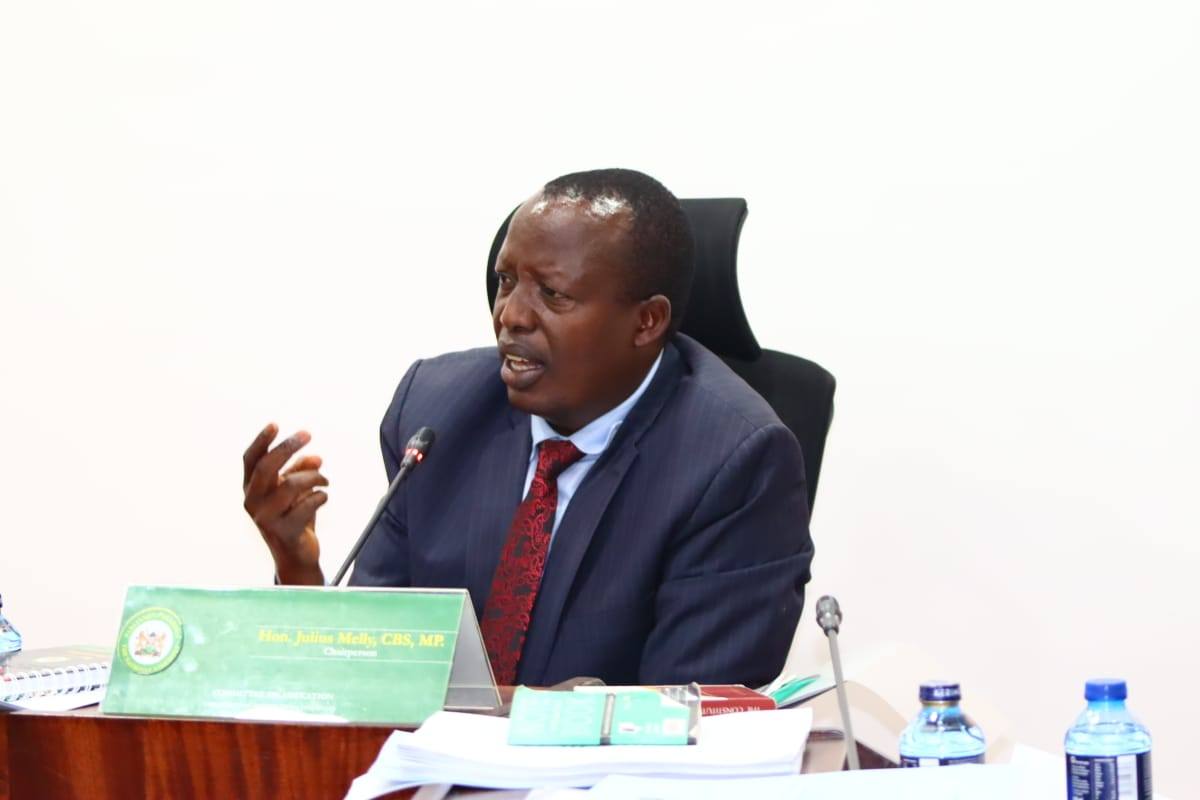Education report sparks disagreement between parliament and activists

Lawmakers dismissed the report’s harsh criticism of the Competency-Based Curriculum (CBC) rollout
A critical report by a civil society group assessing the state of education in Kenya has stirred anger among Members of Parliament ahead of a two-day National Education Reforms Stakeholders Conference scheduled for August 20.
Lawmakers dismissed the report’s harsh criticism of the Competency-Based Curriculum (CBC) rollout and accusations of corruption in bursary fund allocation, insisting the document was one-sided and failed to recognise progress made in the education sector.
During a tense session with the Elimu Bora Working Group yesterday, members of the National Assembly Committee on Education accused the lobby group of poor research and an overly negative approach.
The activists highlighted major challenges, including delays in funds reaching schools and critical shortages of teachers, which they say threaten the foundation of the country’s education system.
“Devolved sections of education are in disharmony, ill-equipped, teacher-starved and poorly resourced, while the erratic, hurried, forced and ununiformed manner in which the CBC system of education is being rolled out rekindles the pattern taken by the 8-4-4 system which led to its collapse,” explained Boaz Waruku, the policy and strategy adviser for the lobby group.
However, the MPs expressed frustration with the presentation, saying it lacked a detailed analysis and did not acknowledge improvements already made.
Committee chair Julius Melly said, “The direction you are taking in calling the stakeholders’ conference will bring a lot of negativity instead of constructive engagements. As a committee, we are standing you down. Go back and come with a proper presentation or a critique but let it be value-based.”
The Elimu Bora Working Group, representing a network of civil society organisations, had appeared to present its Position Paper ahead of the conference, which aims to review education reforms.
The activists described several troubling trends they called the “new normal”, such as erratic hiring of teachers and multiple bursary streams controlled by politicians that result in biased allocations.
They also warned that the e-Citizen fee payment system risks becoming “Kenya’s biggest scandal.”
Despite claims by the Kenya Kwanza administration that it has hired 76,000 teachers, the lobby group criticised the process as inconsistent and sometimes secretive, leaving many unconvinced.
The group also pointed to delays and incomplete releases of school capitation funds, referencing the 2023/2024 Auditor-General’s report.
Boaz Waruku noted, “For instance where Parliament allocated Sh628.6 billion to education in 2023-2024 financial year, some 37 per cent was never remitted to schools by close of the financial year.” He further said that although President William Ruto has committed to ensuring 100 percent transition of learners at all levels, progress towards this goal remains slow.
Mandera South MP Abdul Haro criticised the tone of the presentation, saying, “This activism language you are adopting will not be helpful for the conference you are proposing.”
President Ruto had set up the Presidential Working Party on Education Reforms to tackle the sector’s challenges, but the lobby group said ongoing concerns from both the public and legislators suggest that clear policies and frameworks to implement the working party’s recommendations are still lacking.
In closing, Julius Melly said, “We support the civil society but all negativity that does not look at the gains is not helpful, as such we shall listen to you when you present to us data, facts and figures.” He then ended the meeting before the lobby group could respond.
According to the lobby group’s document, the upcoming conference will address systemic weaknesses in education policy formulation, implementation, and oversight.
It will also work to strengthen public participation in monitoring reforms and develop a multi-stakeholder action plan for transparent, inclusive, and accountable education reforms.
